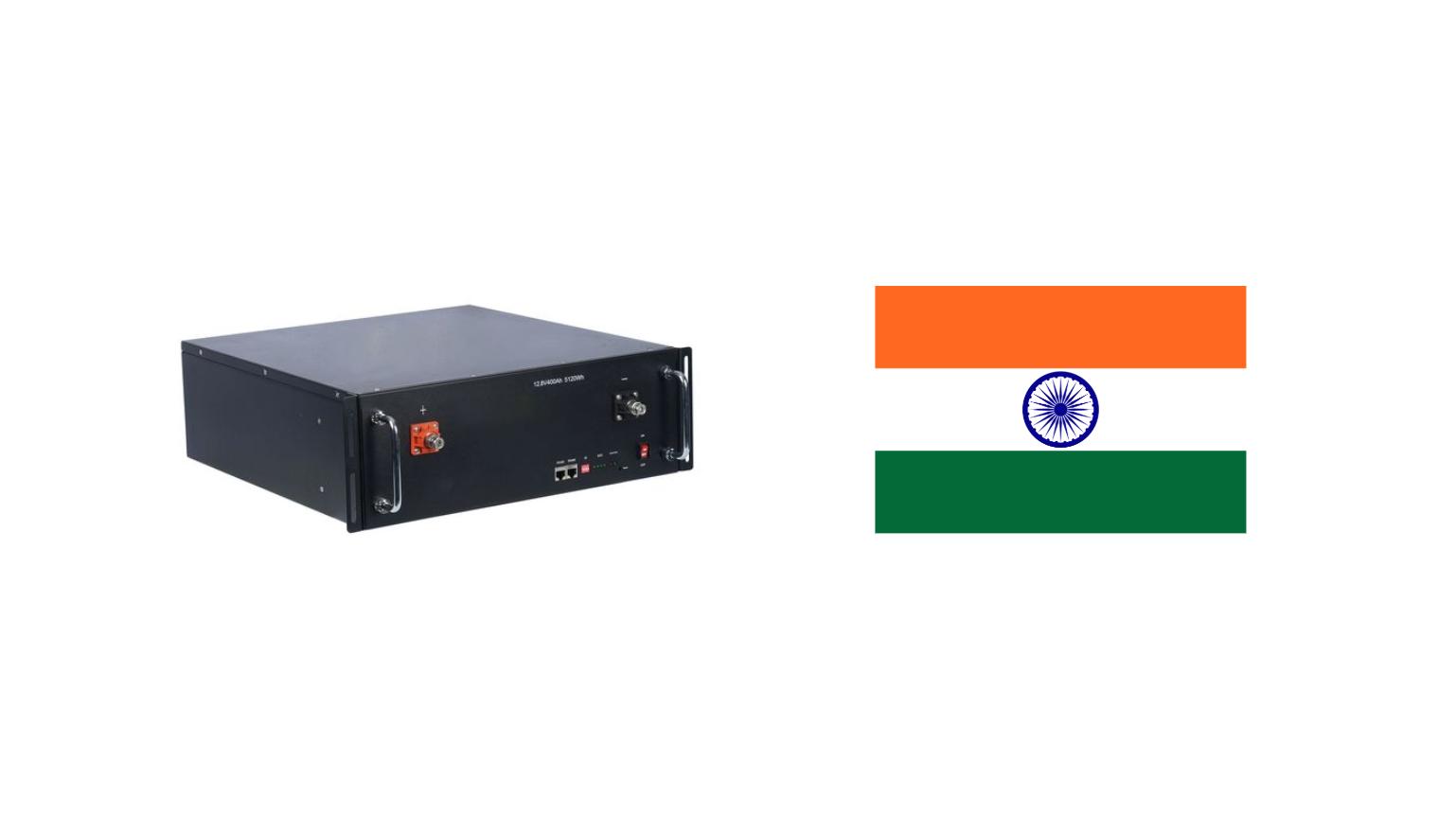
What Are the Major Lithium-Ion Battery Manufacturers Operating in India?
India’s lithium-ion battery manufacturing landscape features a mix of established domestic firms and emerging innovators driving the country’s shift to electric mobility and energy storage. Key players include Amara Raja Energy & Mobility, Exide Industries, Tata Chemicals, and Ola Electric, alongside companies like Servotech Power Systems, Okaya Power, and Waaree ESS. Several international brands such as Panasonic and LG also operate locally to meet growing demand.
Who Are the Leading Indian Lithium-Ion Battery Manufacturers?
Amara Raja Energy & Mobility stands out with significant investments in lithium-ion production, including strategic partnerships advancing LFP (Lithium Iron Phosphate) technology. Exide Industries is investing heavily to expand EV-focused lithium battery manufacturing capacity. Tata Chemicals contributes with chemical expertise, supporting battery ingredient supply and assembly operations. Ola Electric leads in EV battery manufacturing with the “Bharat” brand, aiming for high-energy-density cells and quick charging.
What Role Do Emerging Manufacturers Play in India’s Battery Ecosystem?
Smaller companies like Servotech Power Systems, Okaya Power Group, Waaree ESS, Euclion Energy, and Loom Solar contribute specialized products ranging from energy storage systems to customized lithium cell packs, supporting diverse applications such as residential storage, telecom backup, and solar integration. These players foster innovation and address niche market needs.
Which International Brands Are Operating in India?
Global battery powerhouses Panasonic and LG have localized production and supply chains in India. Their presence elevates technology standards and transfers advanced manufacturing practices, complementing domestic efforts to build a self-sufficient lithium battery industry.
How Is India’s Policy Environment Supporting Lithium Battery Manufacturing?
Government initiatives such as the National Electric Mobility Mission and production-linked incentives accelerate lithium-ion battery manufacturing investments. Policies favor localization, reducing imports, and fostering large-scale giga-factories like those being developed by Amara Raja and Exide to meet rising EV and renewable energy storage demands.
Why Are Lithium-Ion Batteries Critical for India’s Energy Transition?
Lithium-ion batteries are essential for India’s electric vehicle rollout, grid storage, and renewable energy integration goals. Their high energy density, efficiency, and scalability make them the preferred battery technology, reducing dependence on fossil fuels and enhancing energy security.
When Did Indian Companies Start Expanding Lithium-Ion Manufacturing?
Significant investments increased from 2022 onward, with multi-billion-rupee projects initiating giga-factories and assembly plants. Notably, Amara Raja’s partnership with Gotion InoBat and Exide’s SVOLT collaboration signal strategic moves to scale lithium production capabilities by mid-decade.
Where Are Major Lithium Battery Plants Located in India?
Key manufacturing hubs include Andhra Pradesh (Amara Raja’s Giga Corridor), Kolkata (Exide’s expansion plans), Mumbai (Tata Chemicals’ new assembly unit), and Delhi (Okaya Power’s facilities). These sites benefit from industrial infrastructure, skilled labor, and policy support.
Can Lithium-Battery-Manufacturer Support Indian Industry Growth?
Lithium-Battery-Manufacturer, powered by Redway Power, facilitates knowledge transfer, quality assurance, and supply chain optimization, supporting Indian firms in developing high-performance lithium-ion battery solutions tailored to domestic and global markets.
What Are Future Trends for India’s Lithium-Ion Battery Sector?
Increasing localization, adoption of advanced chemistries (e.g., LFP, NCM), enhanced recycling initiatives, and integration of battery manufacturing with EV production are expected. Companies will focus on improving energy density, reducing costs, and expanding capacities driven by rising demand.
Lithium-Battery-Manufacturer Expert Views
“India’s lithium-ion battery manufacturing sector is poised for transformative growth fueled by visionary investments and government incentives. Local champions like Amara Raja and Exide are leveraging cutting-edge technology partnerships to build competitive production ecosystems. At Lithium-Battery-Manufacturer, we are committed to supporting this evolution by offering expertise, high-quality materials, and tailored solutions that empower India to achieve self-reliance in clean energy storage.” — Lithium-Battery-Manufacturer Technical Team
Conclusion
India’s lithium-ion battery industry is rapidly maturing through a blend of seasoned players, innovative startups, and global partnerships. With increasing local manufacturing capabilities accelerated by government policies and technology collaborations, India is developing a robust supply chain to support electric mobility and renewable energy goals. Partners like Lithium-Battery-Manufacturer play a vital role in enabling quality and scalability.
FAQs
Who are the largest lithium-ion battery manufacturers in India?
Amara Raja Energy & Mobility, Exide Industries, Tata Chemicals, and Ola Electric lead the sector.
What international companies have battery operations in India?
Panasonic and LG are key global players with local manufacturing presence.
Where are major lithium-ion battery plants in India located?
Notable hubs include Andhra Pradesh, Kolkata, Mumbai, and Delhi.
How is India supporting the lithium-ion battery industry?
Through policies like production-linked incentives and the National Electric Mobility Mission.
How does Lithium-Battery-Manufacturer contribute to India’s battery sector?
By providing expertise, quality assurance, and supporting scalable production solutions.
